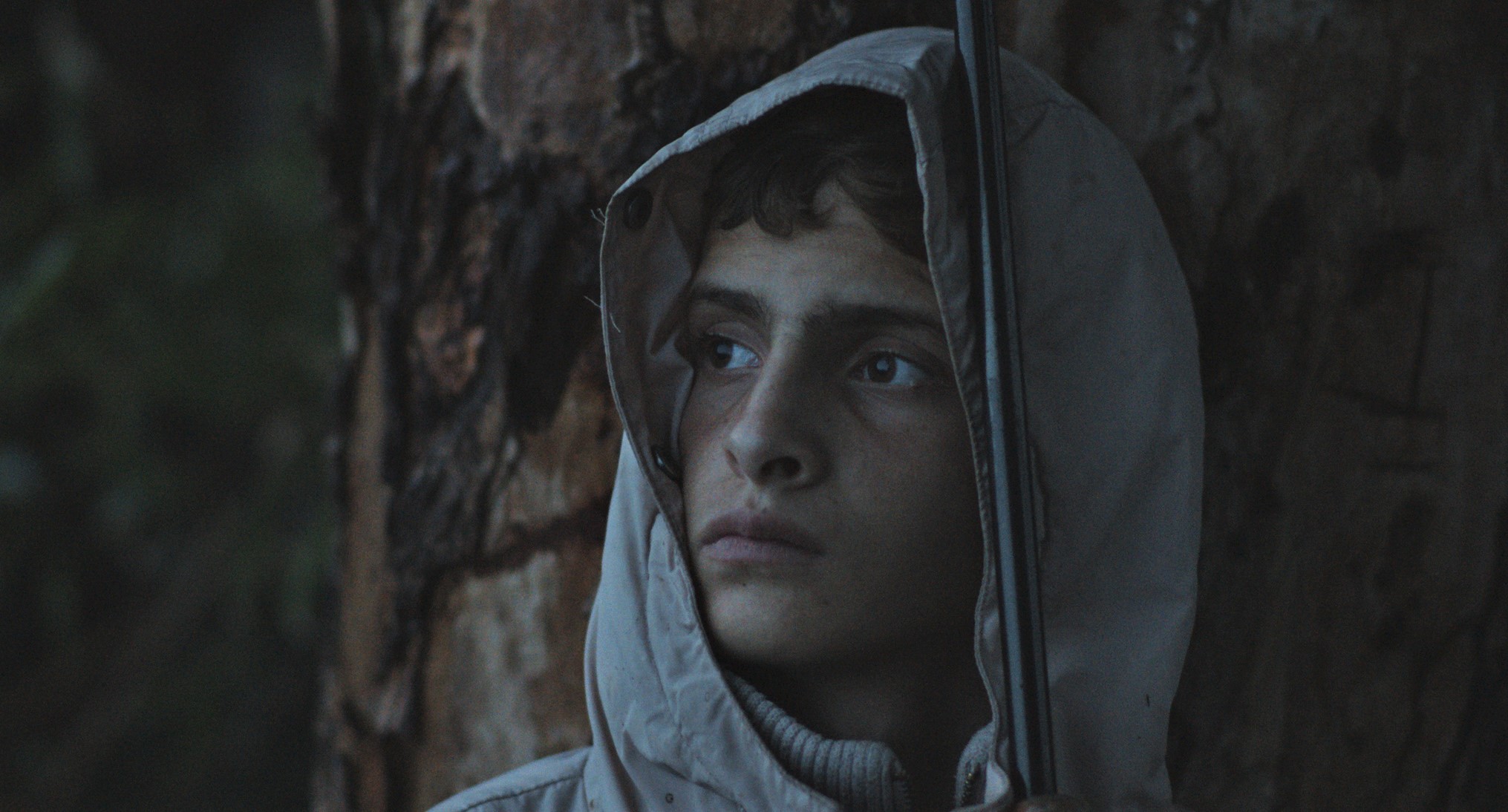Cinema & Politics – Film programme and Discussions

Notturno
Gianfranco Rosi
2020 | 1h 40m
Trailer
Notturno was shot over three years along the borders of Iraq, Kurdistan, Syria, and Lebanon. A region where tyranny, invasions and terrorism have fed off each other in a vicious circle, to the detriment of the civilian populations. All around signs of violence and destruction: but in the foreground is the humanity that reawakens every day from a nocturne that seems infinite. “Notturno”, a film of light on the darkness of war.
The session on July 14, on Notturno, is hosted by PENHA SCO Arte Cooperativa and starts at 7 pm. With the participation of Gabriele De Angelis, a political theorist who works as a researcher at NOVA University Lisbon and is the OutLab Coordinator, and Elizabeth Challinor, social anthropologist and an integrated member of CRIA — Centre for Research in Anthropology. The discussion will be moderated by Marta Fiolić, member of the research group Cinema & Politics: Philosophical Approaches.
Free admission.
Cinema & Política
Cinema & Politics is a film and discussions programme that proposes a critical and reflective analysis of the impact of cinema on contemporary society, addressing philosophical, socio-economic and socio-cultural issues. Through a careful selection of films that explore relevant themes, such as power, democracy, (in)equality, freedom, justice, resistance, memory, ecology, globalization, among others, this cycle aims to stimulate debate and reflection on the relevance of cinema in understanding today’s world.
The programme also offers a space for discussion and exchange of ideas – the sessions will always be followed by discussions, moderated by researchers and students, with the participation of guests with a direct connection to the proposed theme, thus seeking to deepen reflection and encourage the collective construction of the knowledge.
The programme is organized by the research group Cinema & Politics: Philosophical Approaches, within the scope of the activities of the Laboratory of Cinema and Philosophy (CineLab) and with the support of the Laboratory of Dissemination (OutLab), in collaboration with PENHA SCO Arte Cooperativa.
Event supported by the Foundation for Science and Technology (Fundação para a Ciência e para a Tecnologia) of the Portuguese Ministry of Education and Science under the project UIDB/00183/2020.

